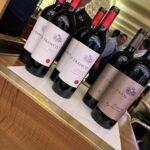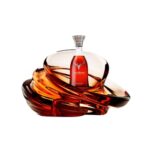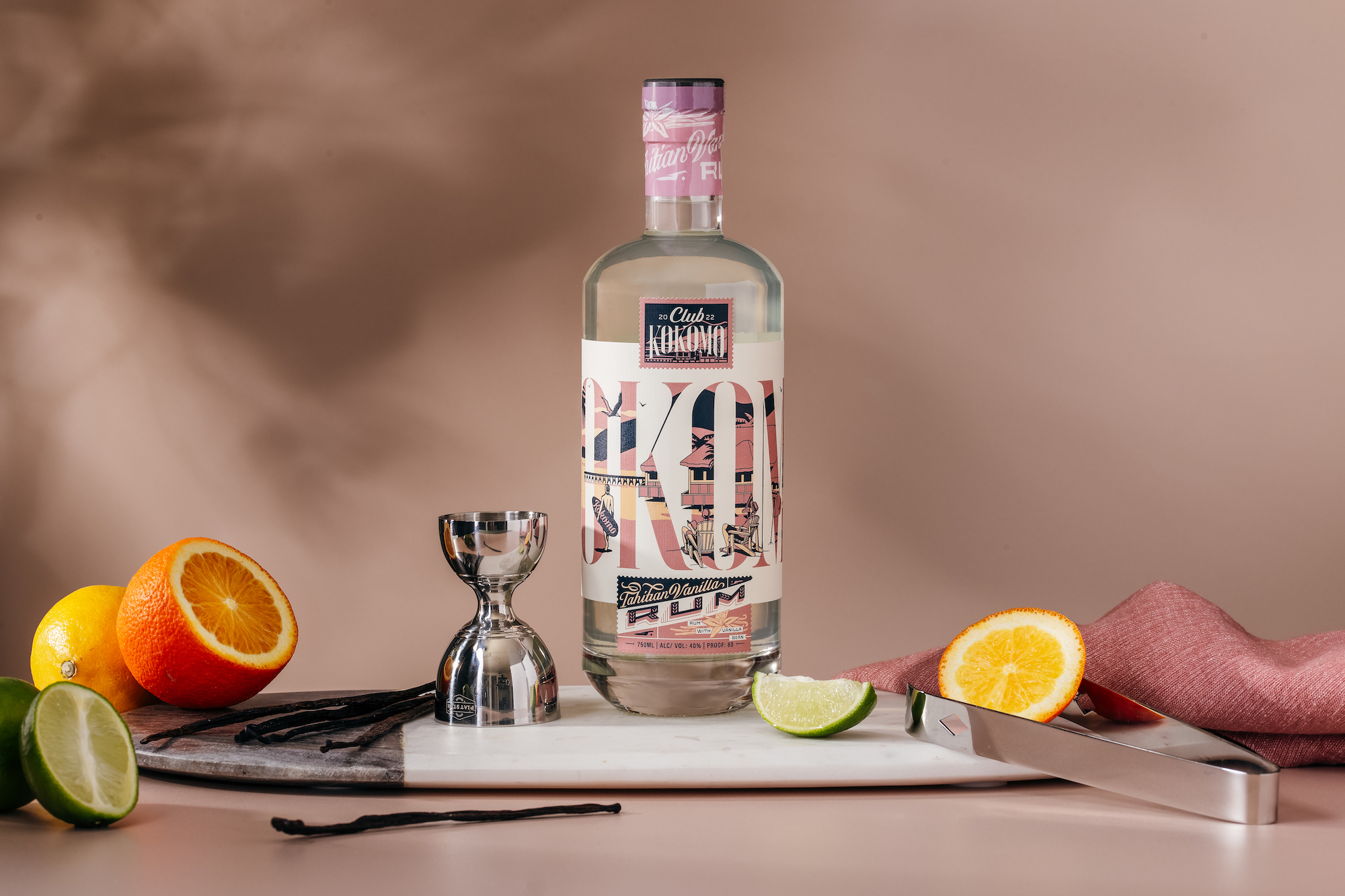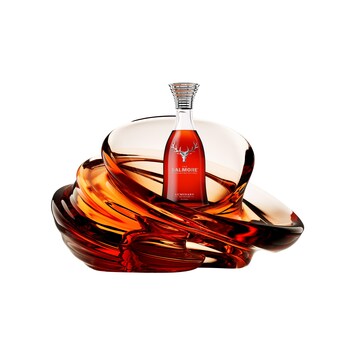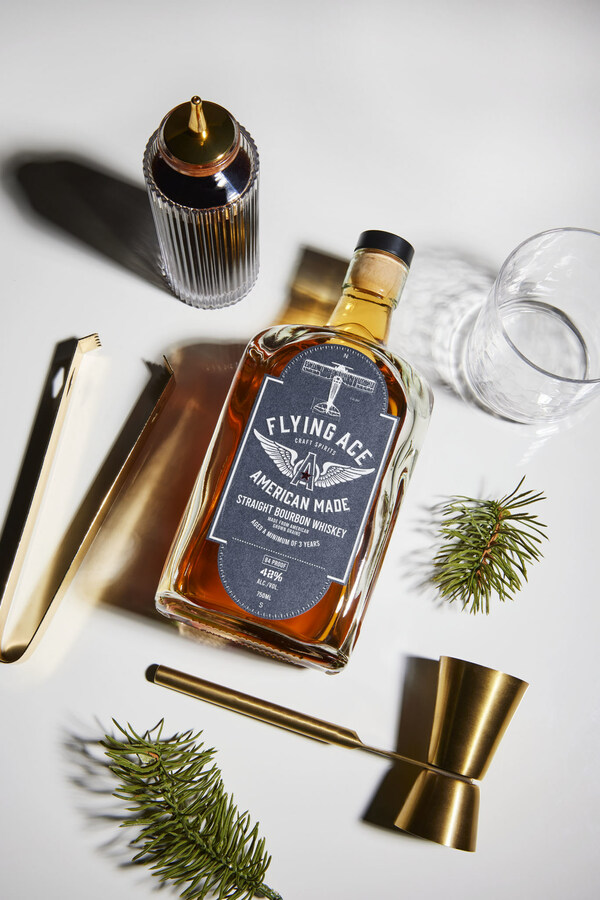HALL Wines, a premier portfolio of luxury wineries and tasting rooms located in Napa Valley, has been awarded LEED® Gold Certification established by the U.S. Green Building Council for its HALL St. Helena modern Tasting Room and high-tech Production Facility. This accolade is the second LEED® Gold award for the HALL Wines St. Helena property which was previously recognized as the first winery in California to earn LEED Gold for its fully sustainable production facility in 2009.
“The entire vision for this effort was attached to the idea of being green and environmentally responsible,” said HALL Wines President Mike Reynolds. “Craig and Kathryn chose to pursue sustainable farming and building certifications that have become the hallmark for leading our day-to-day operations and high-tech winemaking efforts.”
LEED (Leadership in Energy and Environmental Design) is the preeminent building ratings program that is the nationally accepted benchmark for the construction, design and operations of green buildings. Buildings are certified based on achieving superior performance in the areas of energy efficiency, sustainable site development, water efficiency, construction waste management, materials selection and indoor environmental quality.
“Buildings are a prime example of how human systems integrate with natural systems,” said Rick Fedrizzi, President, CEO & Founding Chair, U.S. Green Building Council. “The HALL Wines project efficiently uses our natural resources and makes an immediate, positive impact on our planet, which will tremendously benefit future generations to come.”
To meet the precise requirements to become LEED® Gold certified, HALL Wines included many sustainable design, environmental, architectural and innovative elements and practices within the plans including:
• Storm Water Design: Quantity control resulted in a 63.74% decrease in storm water runoff
• Materials & Resources: 11% of materials used in construction came from recycled materials
• Water Use Reduction: The design team was able to document a 38% reduction in water usage
• Energy: The project optimized energy performance at every phase, having 46.97% energy cost savings which is significantly above the standard California Energy code requirements
• Water Efficiency: Water efficient landscaping including the use of recycled water injected under the event lawn area (no aeration). 100% of water used in wine production is recycled and used for vineyard and landscaping irrigation
• Innovation: Innovative and state-of-the-art technology was included in the pre- and post- development plans, some of which are new to the wine industry
Jarrod Denton, with St. Helena based firm Signum Architecture, was the lead architect on the project. Denton assisted with utilizing innovation credits that provided renewable energy systems with savings of over 15%, (46.37% by cost), as well as a comprehensive approach to capture and treat storm water runoff. Additionally, an exemplary performance innovative credit was awarded for providing this project with an increase in open space by 50% (local zoning requires 25%).
Additionally, HALL Wines director of winemaking Steve Leveque has helped implement an innovative landscape into the high tech production facility attached to the Tasting Room. Specific additions include Optical Sorter technology, HVAC Control systems, Pond Variation systems, Gravity Flow production systems, Tank Cooling systems and the addition of automated spectrophotometers.
HALL extends their environmental responsibility to their general operations by recycling and using recycled materials for direct-to-consumer wine in recyclable products, 70% post-consumer recycled material in shipping boxes and 100% post-consumer recycling in its bottle carriages. Additionally, all marketing collateral is printed on 100% PCR materials that are 100% recyclable.
HALL Wines owns over 500 planted acres in Napa County, Sonoma County and Mendocino County that include five California Certified Organic Farmers (CCOF) Estate vineyards in Napa and Sonoma Counties.
For more information, please visit www.hallwines.com.
About HALL Wines
HALL Wines represents critically acclaimed artisan Napa Valley Cabernet Sauvignon from two tasting room and winery locations in St. Helena and Rutherford. Owned by Craig and Kathryn Hall, its vineyard collection features five Certified Organic estates producing classic Bordeaux varietals. Each vintage, Winemaker Steve Leveque crafts 15 distinct Cabernet Sauvignon wines which demonstrate the unique characteristics and diversity of Napa Valley. HALL’s highly rated wines include the Napa Valley Cabernet Sauvignon, selected as Wine Spectator’s #18 of the ‘Top 100’ in 2010, the HALL 2008 “Kathryn Hall” Cabernet Sauvignon that earned #2 Wine Spectator “Top 100” Wines, and its 2010 ‘Exzellenz’ earned 100 points by Robert Parker. Collectively, over 140 HALL Wines have been rated 90 points and above. HALL Wines employs high-density plantings and small vine viticulture combined with two cutting-edge, gravity-flow wineries to produce the highest quality wines. In addition, the HALL St. Helena winery was the first LEED® Gold Certified Winery in the State of California, making HALL Wines pioneers in the use of green buildings for the wine industry. The site maintains one acre of solar panels on its roof and uses 100% recycled water throughout its processes. Each of HALL’s state-of-the-art winemaking facilities and tasting rooms combine modern art and architecture with comfortable luxury, and warm hospitality for winery guests. For more information, please visit www.hallwines.com, @hallwines, or by calling 707.967.2626.
About U.S. Green Building Council
The Washington, D.C.-based U.S. Green Building Council is committed to a prosperous and sustainable future for our nation through cost-efficient and energy-saving green buildings. With a community comprising 78 local affiliates, more than 20,000 member companies and organizations, and more than 100,000 LEED Accredited Professionals, USGBC is the driving force of an industry that is projected to soar to $60 billion by 2010. The USGBC leads an unlikely diverse constituency of builders and environmentalists, corporations and nonprofit organizations, elected officials and concerned citizens, and teachers and students. Buildings in the United States are responsible for 39% of CO2 emissions, 40% of energy consumption, 13% water consumption and 15% of GDP per year, making green building a source of significant economic and environmental opportunity. Greater building efficiency can meet 85% of future U.S. demand for energy, and a national commitment to green building has the potential to generate 2.5 million American jobs. For more information, please visit www.hallwines.com or call (707) 967-2623.
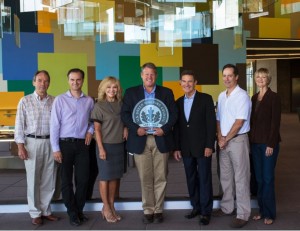
In the Photo:
(From left: David Horobin, Board Member, U.S. Green Building Council Redwood Empire Chapter; Jarrod Denton, Lead Architect, Signum Architecture; Kathryn Hall, Vintner/Owner, HALL Wines; Mike Reynolds, President, HALL Wines; Craig Hall, Owner, HALL Wines; Steve Leveque, Director of Winemaking, HALL Wines; Ann Nevero, Mayor, City of St. Helena, California)


